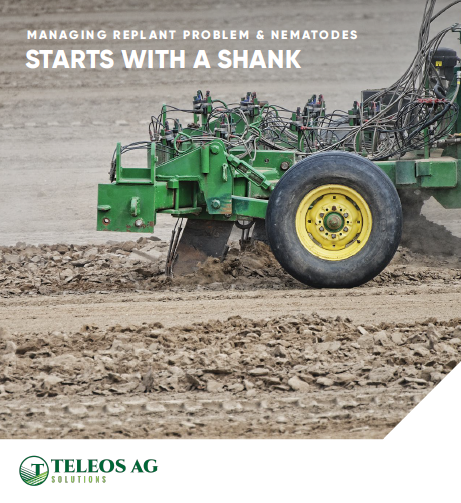Florida Watermelon Growers Press on Amid COVID-19 Anxiety
The effects of COVID-19 are being felt everywhere. It’s hitting home for many fruit and vegetable growers in South Florida who are and have been desperately trying to find a home for mountains of fresh product that was once destined for schools, restaurants, cruise ships, and other places since shuttered by coronavirus. Watermelon growers in North Florida recently finished planting their crop and now are hoping things change sooner than later.
UF/IFAS Communications published an interesting piece from the perspective of what watermelon growers and researchers are now facing.
Given the uncertainty around the market for fresh produce, the decision to plant came down to economics, according to Mark Warren, UF/IFAS agriculture Extension agent in Levy County.
“For many, this crop represents a large portion of their annual income, and they have already invested in land rent, tillage, fertilizer, seed, transplant costs, irrigation, and plastic mulch,” Warren says.
Florida is the No. 1 producer of watermelons in the U.S. But as the coronavirus pandemic creates a new normal across the country, it’s unclear whether stores and consumers will be buying when the watermelons are ready for harvest in May and June.
“Farming is still farming—you’ve got to look after your crops, feed the cattle. But whether you’re talking about watermelons, beef, or the stock market, it’s all uncertain and everyone is nervous,” says Blair Beauchamp, a fifth-generation farmer who grows about 145 acres of watermelon each year and ranches cattle in Levy County.
Beauchamp sells his watermelon through a broker who distributes his product to supermarkets in the Northeast U.S. With a warm March in North Florida, the watermelon crop will likely be ready for harvest in early May, about two weeks earlier than usual, he said.
“I hope by then the situation with the market for fresh produce is clearer,” he says.
Until then, Warren and Bob Hochmuth, Assistant Director of the UF/IFAS North Florida Research and Education Center – Suwannee Valley, and other county Extension agents in the region are advising watermelon producers through group text or email messages on disease issues, irrigation, and fertilizer recommendations to help ensure the success of their crop.
In addition, farmers can share photographs via their mobile device with their Extension agents to get an early start on diagnosis. “We just have to be more creative and use technology more to help our growers,” Hochmuth says.
For now, reports indicate this year’s watermelon crops appear to have few disease or pest issues.
When it comes down to it, Warren says consumers are the key to help Florida farmers affected by the uncertainty brought on by COVID-19. “Even if we do everything to produce a crop, success for our farmers doesn’t happen until the crop is sold and delivered. Consumers can help farmers in these uncertain times by asking for and buying Florida-grown produce.”









